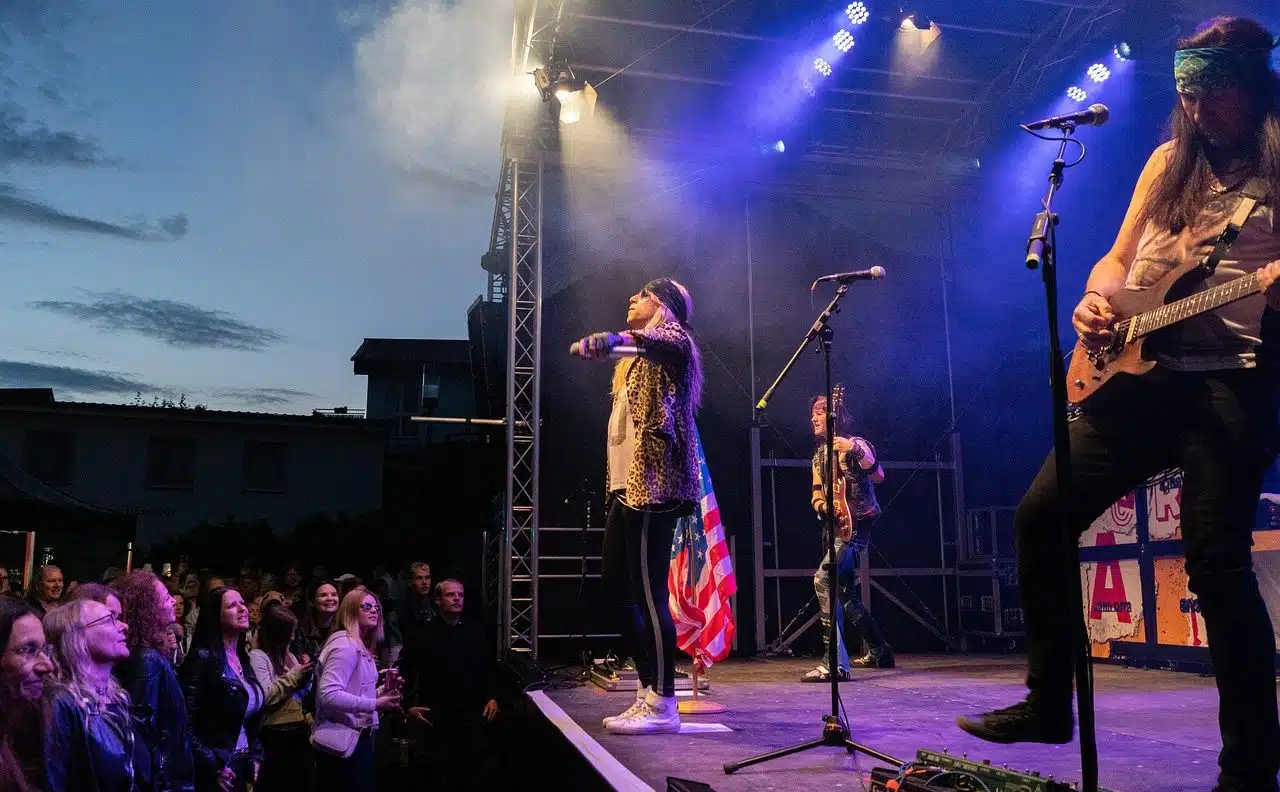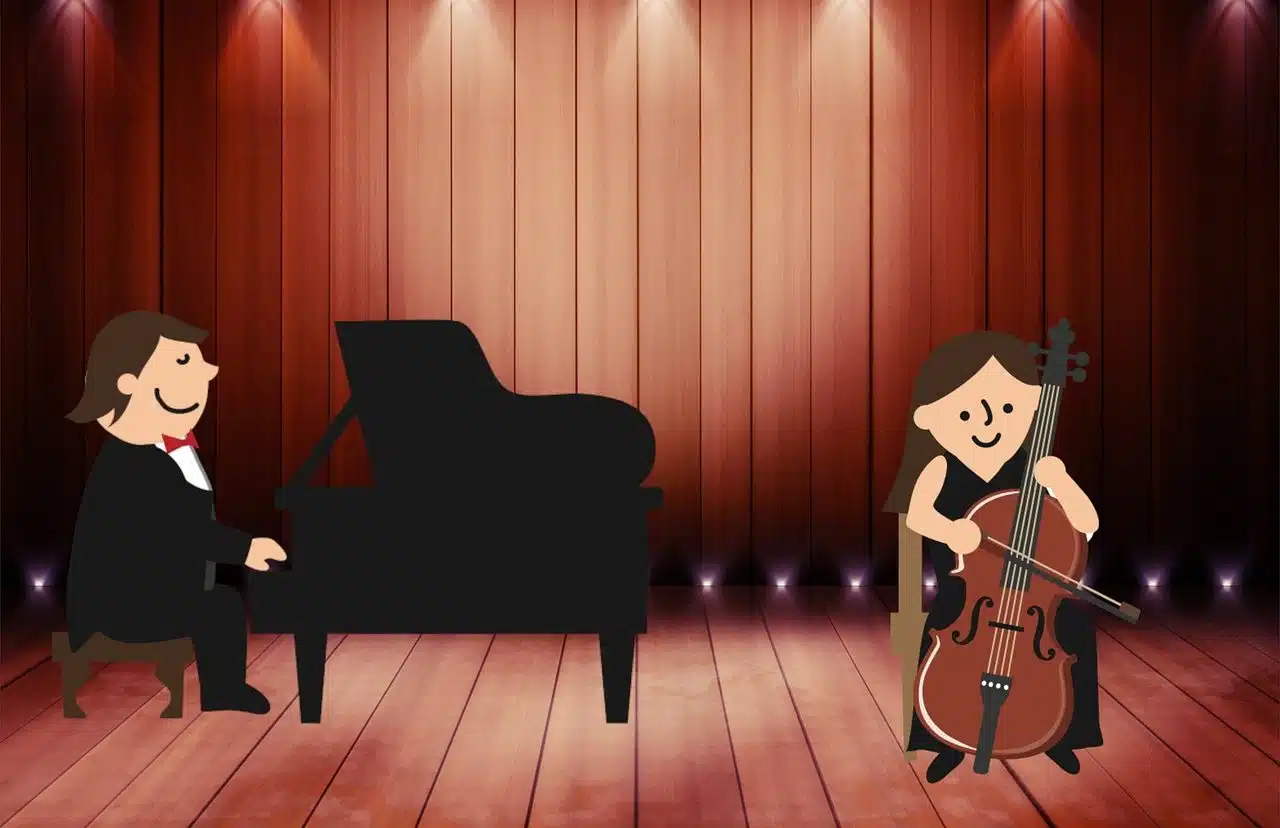
The idea of recital is usually used to refer to a musical show.
Recital is a notion that is used in different ways. The term can be used to name the act that consists of reciting or reading a poem aloud .
For example: "Tomorrow there will be a poetry recital at the cultural center" , "The writer will give a recital before a group of students" , "The poet's recital was interrupted by a protest by municipal workers" .
The recital as a musical show
Recital, on the other hand, is the name given to the performance of different musical works by the same artist , forming a single show . In this case, the concept can be used as a synonym for a concert : «My son attended the U2 recital last night and came home very happy» , «Don't forget that next week we will offer a recital in the square» , «Incidents were recorded before from the beginning of the recital, when people entered the stadium .
Recitals, in this sense, are musical events . They generally include the participation of artists who play their instruments and sing live: this means that attendees listen to music created in the moment, and not through recordings.
It is interesting to note that there are recitals that attract only a few people and that take place in small venues, such as a bar. Others are massive and can bring together hundreds of thousands of people in a stadium or in a public space such as a square or street.

An instrumental concert can be referred to as a recital.
Absence of voice
It should be noted that recitals do not always include the voice as one of the instruments, but may be presentations or compilations of works for piano, guitar or violin, for example. Furthermore, despite the general perception of this term, it does not always describe a live performance , but can be a recording on disk, something very common in the field of academic music (the name formally given to the so-called classical music , since this set also includes pieces from the Baroque and Romanticism, among other periods).
Regarding recitals in which singers do not participate, Franz Liszt is credited with the creation of the solo piano recital. This great Hungarian composer stood out for his virtuosity on this instrument, something that is undoubtedly appreciated in his original works and in his arrangements, which only a few can afford to perform with mastery today.
Differences between a popular recital and an academic one
In the case of lyrical singing, on the other hand, it is possible to find albums included in the recital category, which include a series of works by the same author, probably following a well-defined criterion to bring them together under the same recording, such as the stage in which he wrote them, or the country in which he was when he composed them, for example.
Another difference that exists between the popular recital and the academic one is the space for the audience 's response, more specifically for applause: in a lyrical singing or piano recital, for example, there are specific moments in which you can applaud , and many Sometimes the audience must wait for the performance of two or more pieces before being able to do so, since they belong to the same work. Although issues like this contribute to the division that exists between lovers of each type of music and feed the idea that academics are elitist, it is more respectful towards the composers , the works and the performers.
Beyond the music, it is common for recitals to be complemented by sets of lights , video screens and other elements that give shape to a comprehensive entertainment proposal. As a curious fact, given the popularity of mobile phones, it is currently practically impossible to effectively prohibit the public from filming a recital from their seats, although attempts are still being made with very strict security measures.
